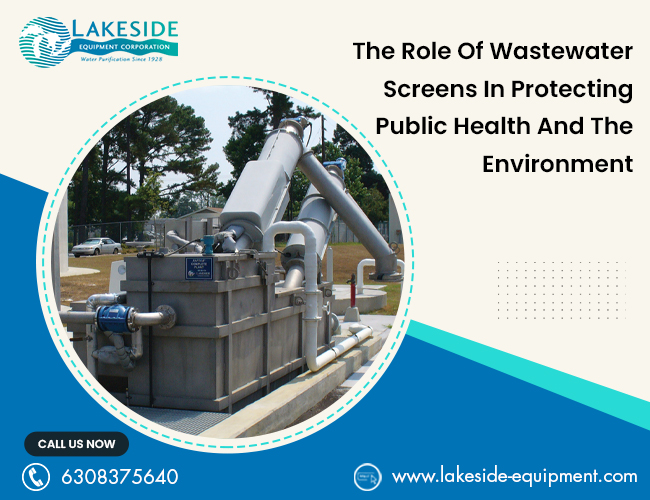The Guide To WasteWater Treatment
In many nations, access to clean, fresh water is a luxury that is increasingly valued as a resource. Utilizing the potential of cutting-edge technologies for wastewater treatment to protect our limited water supplies is an issue facing our civilization today. This rule applies to both industrial procedures that aim to reduce consumption and waste as well as municipal water treatment facilities that operate around the clock to ensure that people everywhere have a supply of clean, fresh water.
Waste Water Treatment Process
The process of eliminating toxins from wastewater, whether it comes from industrial uses or municipal sewage, is known as wastewater treatment. These procedures are intended to raise water quality and conform to effluent quality requirements. To improve health and environmental sustainability, wastewater treatment must be committed to and cost-effective. Pollutants in effluent streams can be reduced in many different ways. The process is typically chosen based on unique effluent and financial factors. However, the equipment plays a major role in the type of system used such as the wastewater screens.
The Use Of 3Rs In Waste Water Management
The 3Rs of recycling—Reduce, Reuse, and Recycling—are now widely known. Recover, Reduce, Recycle, and Rescue are four related principles that businesses may use to reduce their reliance on raw materials, get rid of waste disposal costs, and boost profits while advancing circular economies.
Wastewater is frequently created during any manufacturing process together with the final result. The wastewater may contain a wide range of substances, such as inorganic, organic, base, and/or precious metals. Sometimes it is removed for wastewater biological treatment offsite by a licensed contractor for the disposal of hazardous material.
Metals can be recycled indefinitely. Pure metals can be extracted from wastewater and either recycled during production or sold to generate income to pay for treatment.
The cost of wastewater treatment increases generally with the complexity of the treatment requirements. By recovering and reusing metals, chemicals, and water in industrial processes, a comprehensive strategy to protect and manage natural resources can save money.
The Bottomline
Governments are recognizing the need for wastewater treatment and are frequently enacting new laws that are intended to monitor and regulate effluent discharge. The majority of contemporary industrial and fabrication enterprises either transport their wastewater out to a competent third-party contractor for responsible treatment and disposal or use onsite wastewater treatment systems to treat the water.




Comments
Post a Comment